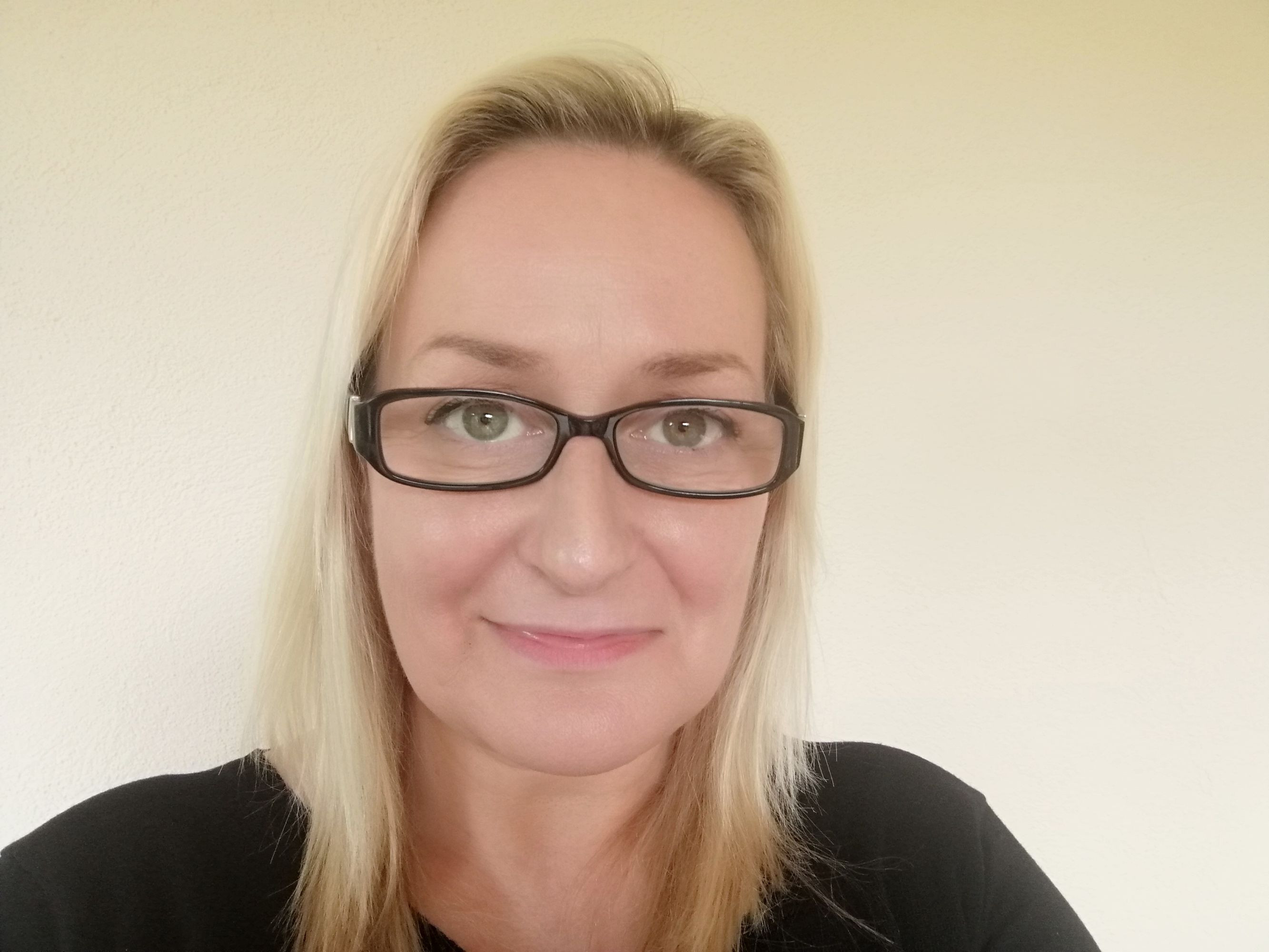Event summary
Date
Start Time
End Time
Webinar Online,
Booking closes
Autism and Sensory Processing
Sensory processing refers to the ability of a child to register, interpret and respond to sensory information. This is a complex process involving all the sensory systems, auditory, gustatory, visual, olfactory, tactile, proprioceptive, vestibular, and interoception. When sensory processing is working well, a child can engage in daily functional activities and social interaction. Sensory processing differences are prevalent in autistic children and can affect every aspect of life and development.
This session examines the sensory processing differences experienced by many autistic children and will demonstrate how such differences impact on learning, play, social interactions, and behaviour for the primary school aged child.
Participants will:
• Develop an understanding of the sensory processing differences.
• Appreciate how sensory processing differences can affect the child’s experience at school.
• Understand how sensory processing differences can influence the child’s participation in daily activities.
• Develop an understanding of general intervention supports to accommodate sensory processing differences in daily activities at school and beyond.
• How sensory processing differences can present in an autistic child.
• Supportive approaches to address sensory processing differences in school or the family home.
Location
Webinar Online
Adobe Connect
Get Directions

Dr Jo Fitzsimons
Event summary
Date
Start Time
End Time
Webinar Online
